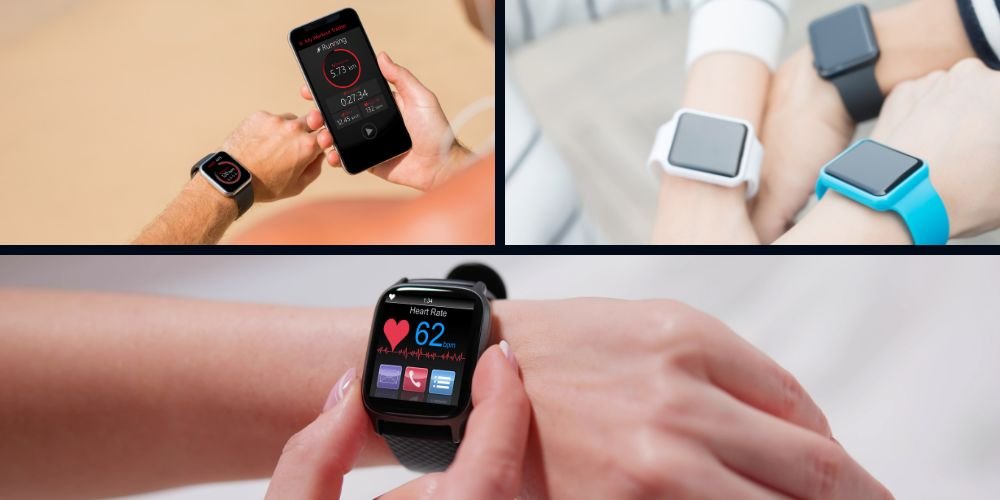In the era of digital health, wearable health monitors have emerged as transformative tools for tracking and managing personal wellness. This article delves into the complexities of these monitors, examining their functionalities, impacts, and ethical considerations surrounding their adoption in healthcare and everyday life.
Wearable Health Monitors: Facts
Understanding the foundational facts surrounding wearable health monitors is essential for recognizing their potential benefits and limitations:
Definition and Functionality
Wearable health monitors encompass various devices, including fitness trackers, smartwatches, and medical-grade wearables, designed to monitor various health metrics such as heart rate, movement levels, sleep patterns, and even blood glucose levels. These devices typically utilize sensors, accelerometers, and other technologies to gather and analyze data related to an individual’s physiological and behavioral indicators.
Health Tracking Capabilities
It provides users with real-time health and fitness metrics feedback, empowering individuals to make informed decisions about their lifestyle and well-being. By tracking activity levels, sleep quality, and vital signs, these devices can promote proactive health management and enable early detection of potential health issues.
Remote Monitoring and Telehealth
It enables remote monitoring of patient’s health conditions, allowing healthcare providers to gather continuous data outside traditional clinical settings. This capability is handy for managing chronic conditions, conducting virtual consultations, and improving patient outcomes through personalized care plans.
Data Privacy and Security
The widespread adoption of wearable health monitors raises data privacy and security concerns. Personal health data collected by these devices are often stored in cloud-based platforms or shared with third-party applications, raising questions about data ownership, consent, and protection against unauthorized access or misuse.
Wearable Health Monitors: Views
Examining various perspectives on wearable health monitors provides insight into the opportunities and challenges they present:
Empowerment and Engagement
Proponents of wearable health monitors emphasize their role in actively empowering individuals to manage their health and well-being. These devices can motivate users to adopt healthier behaviors and sustain long-term lifestyle changes by providing personalized insights and actionable recommendations.
Integration into Healthcare
Healthcare professionals recognize the potential of wearable health monitors to enhance patient care and clinical outcomes. Integrating wearable data into electronic health records (EHRs) and care management systems enables more comprehensive health monitoring, personalized treatment plans, and proactive intervention strategies.
Ethical Considerations
Critics raise concerns about the ethical implications of wearable health monitoring, including issues related to data privacy, informed consent, and algorithmic bias. Clear guidelines and regulatory frameworks are essential to ensure the responsible collection, use, and protection of personal health data while minimizing the risk of unintended consequences or harm.
Equity and Accessibility
Access to wearable health monitors is not evenly distributed, raising concerns about health disparities and digital divides. Efforts to promote equitable access to these devices, particularly among underserved communities and vulnerable populations, are essential to ensure everyone can profit from the potential of digital health technologies.
Conclusion
Wearable health monitors are promising to revolutionize personal health management, remote patient monitoring, and healthcare delivery. However, realizing this potential requires addressing technical, ethical, and societal challenges associated with their adoption. By prioritizing data privacy, promoting equitable access, and fostering collaboration between technology developers, healthcare providers, policymakers, and communities, we can harness the power of wearable health monitors to improve health outcomes, enhance patient care, and promote well-being for all. Embracing wearable health technology as a tool for empowerment while upholding ethical principles is essential to shaping a future where digital health innovations contribute to a healthier, more resilient society.





